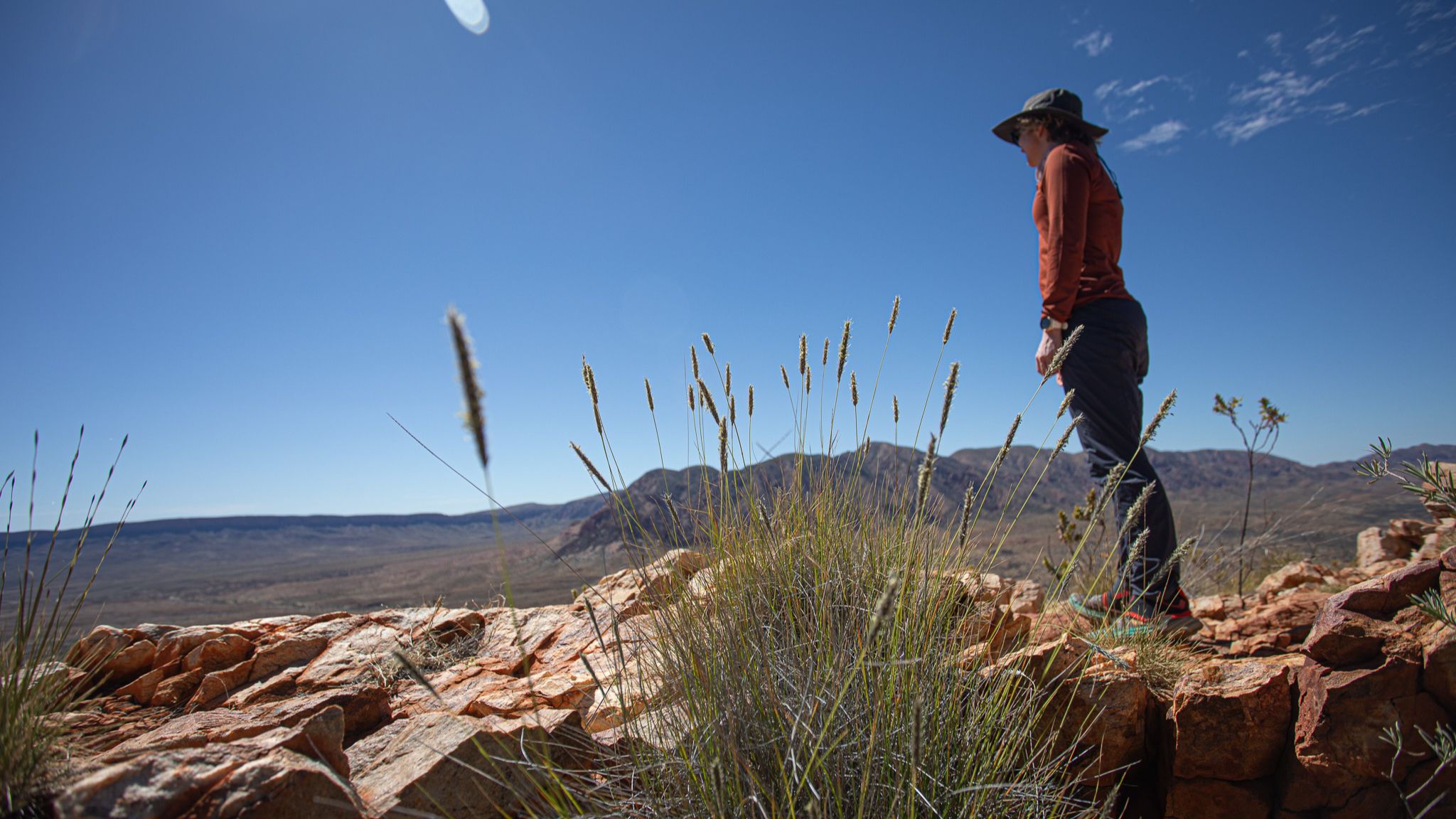Train Your Mind Like a Muscle

Train Your Mind Like a Muscle
Mental endurance is just as trainable as your legs.
When we think of training, most of us picture long runs, strength sessions, or stretching routines. But the truth is: your mind is also a muscle, and just like your quads or calves, it responds to consistent training.
On the trail and in life, challenges rarely show up neatly packaged. They arrive when you’re tired, unsure, or already stretched thin. This is where mental endurance steps in. It’s not about pretending things are easy, it’s about building the capacity to stay steady when they’re not.
Why Mental Training Matters
Endurance athletes often say races are “90% mental.” That’s not to dismiss the physical grind, but to acknowledge how much our headspace shapes performance.
Psychologists describe this as cognitive appraisal, how you interpret a stressor determines how your body responds. When you frame a steep climb as an opportunity rather than a threat, your heart rate, stress hormones, and focus respond differently.
Neuroscience adds another layer: repeated exposure to challenge strengthens neural pathways. Just as lifting weights grows muscle fibres, training your response to discomfort builds resilience through neuroplasticity, the brain’s ability to adapt and rewire itself over time.
A strong mental game helps you:
- Stay composed under stress: whether you’re hitting a relentless climb or navigating everyday pressures.
- Reframe setbacks as feedback, not failure.
- Find rhythm in discomfort instead of resisting it.
- Return to focus quickly after distraction or doubt.
Strategies to Strengthen Your Mind
Like physical training, mental strength grows from repeated, intentional practice. A few simple ways to begin:
- Micro-Challenges
Set small, controlled challenges in training, like finishing the last kilometre of your run without checking your watch. Each small win reinforces your ability to hold presence under pressure.
Science insight: Micro-stressors activate the sympathetic nervous system. Training in bite-sized doses helps your body and mind adapt, improving your ability to regulate stress hormones such as cortisol.
- Pause + Reset
Build the habit of noticing when your mind spirals into negative talk. A deep breath, a mantra, or even a short pause can reset your focus mid-run: and mid-day.
Science insight: Even a 90-second pause of deep, diaphragmatic breathing reduces activity in the amygdala (the brain’s fear centre) and re-engages the prefrontal cortex, the part of the brain responsible for focus and decision-making.
- Visualisation
Spend time picturing yourself navigating hard moments before they happen. Seeing yourself succeed, in vivid detail, makes it easier to access that calm strength when the real moment arrives.
Science insight: Functional MRI scans show that imagining an action lights up the same brain regions as performing it. Rehearsal creates a “neural blueprint” that primes you for success under stress.
- Recovery for the Mind
Just like your body, your brain needs recovery. Time offline, stillness in nature, journaling, or mindful breathing are not luxuries, they are part of training.
Science insight: Studies on default mode network activity show that when the brain is at rest (not focused on a task), it consolidates learning, processes emotion, and restores creativity. Recovery isn’t a break from training; it’s how training integrates.
The Bigger Picture
Training your mind isn’t about becoming unshakeable or bulletproof. It’s about recognising that your inner resilience is already there, and choosing to work with it.
The trail offers countless chances to practise: every climb, every misstep, every moment you feel like stopping. Over time, those moments stack up. They shape you into someone who can stand strong: on the trail, at work, and in the unseen marathons of life.
Summary
Mental endurance is just as trainable as your legs. With consistent practice, micro-challenges, mindful resets, visualisation, and recovery: you can strengthen your mental game, making you not just a stronger runner, but a steadier human.
